Course Overview
Format
- Introductory Course
- 2-4 Study Hours
- Online Study
- Self-Printed Certificate
Accreditation
- Mental Health and Wellbeing Resource Pack
- bathe Endorsed
Course description
Just as it is important to keep our bodies healthy, ensuring we keep our minds healthy is just as vital throughout all stages of life. By not taking time to understand our own mental health, our behaviours and emotions can be negatively affected.
With this Mental Health and Wellbeing Resource Pack improve on your awareness of mental health, how to support others with their mental health and gain a general information surrounding mental health.
This resource pack is aimed at anyone who is interested in improving their own mental health, or who would like to develop a general understanding of mental health.
This online mental health training resource pack explores various themes and topics of mental health and wellbeing, using a variety of different media types. Bitesize modules from two bathe courses Mental Health Awareness and Supporting your staff through Mental Health feature in the pack as well as wide selection of videos and a downloadable mental health resources sheet full of links to websites, articles, books and many more.
Mental Health Awareness
- Mental Health Awareness: Introduction
- Workplace wellbeing
- Communication
- Stress management
- Mental hygiene
- Physical health
- Culture and stigma
- Mental Health Awareness: Summary
Supporting your Staff through Mental Health
- Supporting your staff through mental health: Introduction
- What is mental health?
- Types of mental illness
- Business impacts
- Legislation
- Workplace wellbeing
- Supporting your staff through mental health: summary
Videos
- Introduction to growth mindset
- Don’t fear failure
- Who do you admire?
- Seeking growth
- Effort or achievement
- Stepping out of your comfort zone
- Mindset champion
- The importance of a growth mindset
- Creating the right environment for growth mindset
- Brownlee Brothers interview
Downloadable Mental Health Resource Sheet
- Mental health resource sheet (PDF) – articles, resources, book recommendations and websites
If you are struggling with your mental health please visit www.mind.org.uk for support and advice.
You will learn
- How to track and assess indicators of mental health; such as sleep, stress and work-life balance
- How to assess and improve your workplace mental health
- How to look after the mental health of your employees
- How to engage in self-reflection
Who is it for?
Roles including:
- Anyone who is interested in improving their own mental health, or who would like to develop a general understanding of mental health









